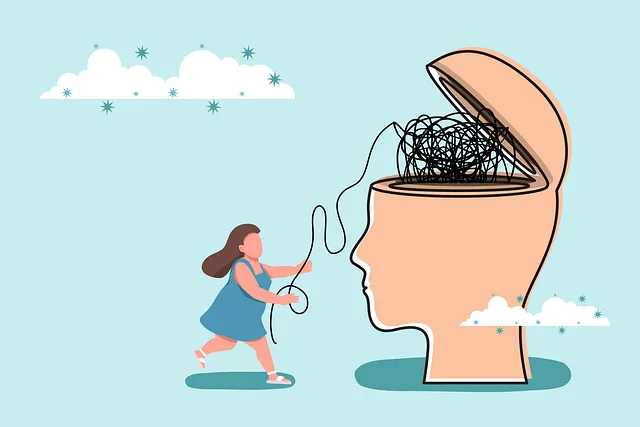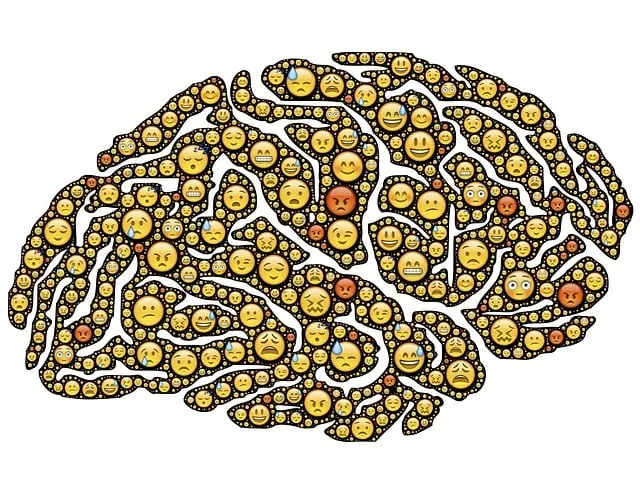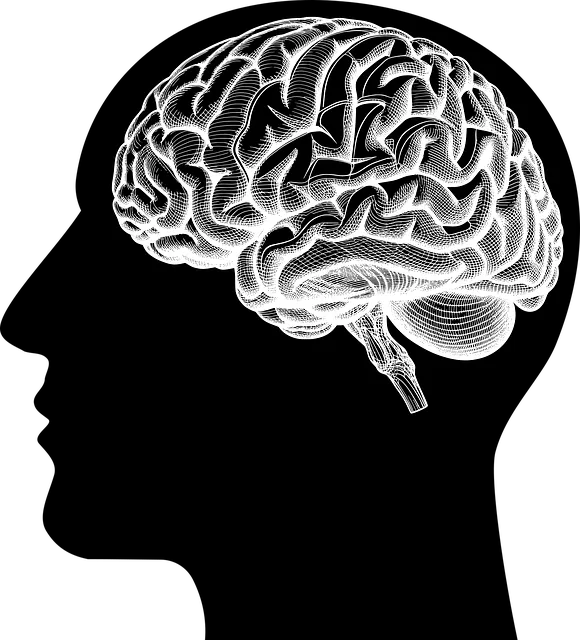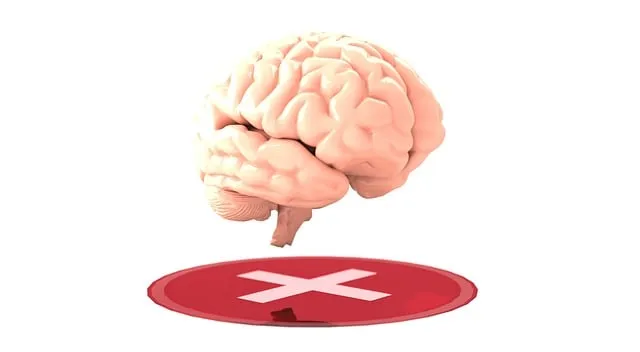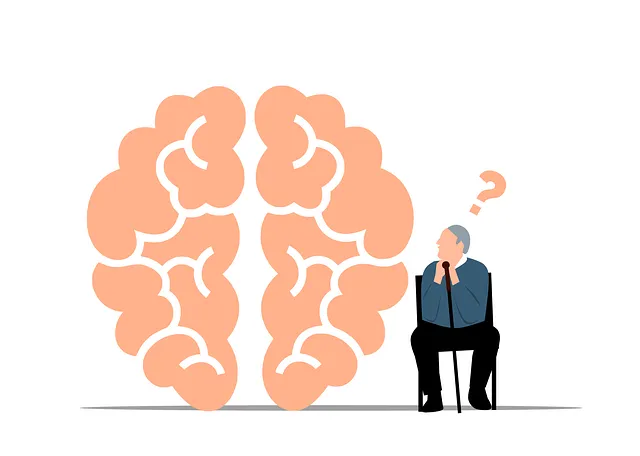In Boulder, understanding local needs is key to effective mental health outreach. Residents often seek alternatives to Kaiser's services, highlighting gaps in resources like therapy and demographic-specific programs. Collaborative approaches, including emotional intelligence and stigma reduction efforts, foster open discussions. By engaging local leaders and employing evidence-based practices like Compassion Cultivation Processes, organizations can create supportive networks. Kaiser Boulder's strategic partnerships with non-profits, schools, and community centers deliver targeted initiatives like the Mental Wellness Podcast Series. Community outreach programs, including mental health education and workshops, play a crucial role in improving lives and promoting accessible resources. Evaluating program success through participation rates, feedback, and mental health outcomes is essential for long-term sustainability.
Boulder residents deserve accessible mental health resources, and organizations like Kaiser have a key role to play. This article explores how community outreach programs can bridge gaps in mental health services identified in Boulder. We’ll delve into strategic design, partnership building with local organizations, and effective educational initiatives. From workshops to resource distribution, learn how these programs are implemented and measured for success, focusing on the impact and sustainability of these crucial initiatives, including Kaiser’s offerings in the region.
- Understanding Community Needs: Identifying Gaps in Mental Health Services
- Designing Outreach Programs: Strategies for Effective Engagement
- Building Partnerships: Collaborating with Local Organizations and Healthcare Providers
- Implementing Mental Health Education: Workshops, Screenings, and Resource Distribution
- Measuring Success: Evaluating the Impact and Sustainability of Outreach Initiatives
Understanding Community Needs: Identifying Gaps in Mental Health Services

In any community, understanding local needs is paramount for effective outreach. When it comes to mental health services, Boulder residents often seek options beyond what Kaiser offers. Identifying gaps in available resources is crucial, especially considering the prevalence of mental illness and the persistent stigma that surrounds it. By assessing community surveys and engaging with local leaders, organizations can pinpoint areas where support is lacking, be it access to therapy, counseling for specific demographics, or programs tailored to address unique challenges faced by Boulder’s diverse population.
Emotional Intelligence plays a pivotal role in these efforts, enabling more empathetic interactions between service providers and individuals seeking help. Mental Illness Stigma Reduction Efforts are also integral to fostering an environment where people feel comfortable discussing their mental health openly. Encouraging Positive Thinking can be another powerful tool, helping individuals develop resilience and coping mechanisms. Through collaborative approaches, communities can create a network of support that bridges these gaps, ensuring no one suffers in silence.
Designing Outreach Programs: Strategies for Effective Engagement

When designing community outreach programs with a focus on mental health services, such as those offered by Kaiser in Boulder, it’s crucial to adopt strategies that foster genuine engagement and connection. Start by understanding the unique needs and cultural fabric of the community you’re serving. Incorporate local leaders and organizations into the planning process to ensure your initiatives resonate and are relevant. Using evidence-based practices like Compassion Cultivation Processes can help create safe spaces where individuals feel empowered to share their experiences, fostering a sense of belonging.
Implementing Emotional Healing Processes within these programs allows for deep, meaningful interactions. Facilitate open dialogues using Conflict Resolution Techniques to address potential disparities or misunderstandings. These approaches not only promote mental well-being but also build trust between service providers and community members. By integrating such strategies, outreach programs can effectively cater to the holistic needs of the population they serve, ultimately enhancing the overall impact and sustainability of these initiatives in Boulder.
Building Partnerships: Collaborating with Local Organizations and Healthcare Providers

Building strong partnerships is a cornerstone of successful community outreach programs, especially when addressing mental health concerns. Organizations like Kaiser in Boulder go beyond traditional healthcare services by collaborating with local non-profits, schools, and community centers to create holistic support systems. This partnership model allows for the co-creation of initiatives such as the Mental Wellness Podcast Series Production, which leverages the expertise of both organizations to educate and empower residents.
By working together, Kaiser and its local partners can develop targeted Public Awareness Campaigns Development that resonate with the unique needs of the Boulder community. This collaborative approach fosters resilience building by providing accessible mental health resources and promoting open conversations about wellness. The synergy between healthcare providers and community organizations ensures a more comprehensive and effective outreach strategy, ultimately enhancing the well-being of all residents.
Implementing Mental Health Education: Workshops, Screenings, and Resource Distribution

In implementing community outreach programs, mental health education is a crucial component that often goes unnoticed yet impacts lives significantly. Organizations like Kaiser Boulder offer various services tailored to this aspect, encompassing workshops, screenings, and resource distribution. The Stress Management Workshops Organization plays a vital role in raising Mental Health Awareness by providing practical tools for stress management and burnout prevention, specifically targeting healthcare providers who are at high risk due to their demanding professions.
Through these initiatives, communities gain access to essential resources that promote mental well-being. Screenings help identify individuals struggling with mental health issues, while workshops equip them with coping strategies. This holistic approach ensures that not only are symptoms addressed, but also that people learn to maintain good mental health in the long term. Incorporating such programs can revolutionize how communities care for their members, especially in addressing concerns like those Boulder does Kaiser offer in their mental health services.
Measuring Success: Evaluating the Impact and Sustainability of Outreach Initiatives

Evaluating the success of community outreach programs is crucial to understanding their long-term impact and sustainability. This involves measuring key indicators such as program participation rates, participant feedback, and changes in mental health outcomes among targeted communities. For instance, Boulder does Kaiser offer mental health services? Organizations can assess whether their initiatives have facilitated improved access to mental wellness resources and coping skills development within the community.
Journaling exercises and communication strategies implemented as part of outreach programs should be evaluated alongside traditional measures. By encouraging participants to reflect on their experiences through journaling, organizers gain valuable insights into individual progress and overall program effectiveness. Furthermore, assessing the adoption of healthy communication strategies can demonstrate the reach and impact of these initiatives, fostering a sense of community support and resilience.
Boulder residents benefit from Kaiser’s commitment to expanding mental health services through community outreach. By understanding local needs, designing targeted programs, building strategic partnerships, and implementing education initiatives, Kaiser ensures its resources reach those who need them most. Continuous evaluation measures the success and sustainability of these efforts, allowing for continuous improvement in addressing Boulder’s mental health landscape.
